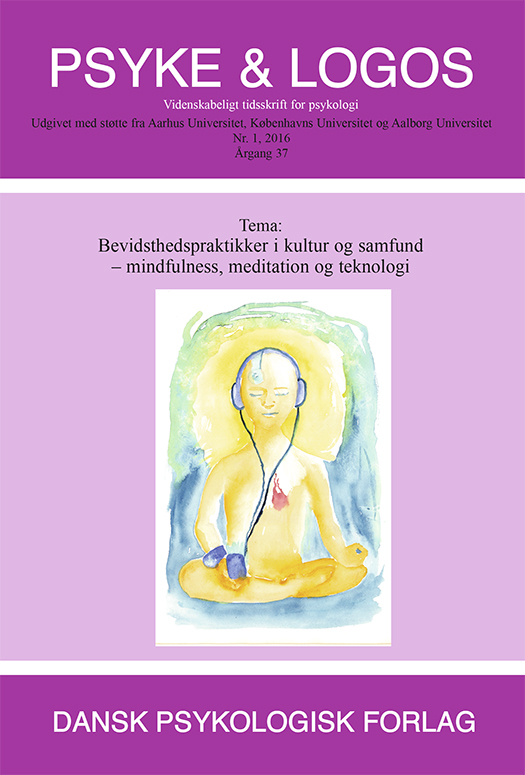Hvad er gode forudsætninger for at undervise i mindfulness?
DOI:
https://doi.org/10.7146/pl.v37i1.25529Resumé
Mindfulness-based clinical interventions have become popular and broadly implemented within several university clinics and hospitals. The efficacy of mindfulness-based stress reduction (MBSR) and mindfulness-based cognitive therapy (MBCT) is supported by evidence from numerous clinical trials and meta-analyses. However, with the increase in
popularity and greater demand, the central risk is that the quality and integrity of MBSR and MBCT could be lost, in particular if these evidence-based interventions are not delivered as intended. In this article, an overall model of quality and integrity is presented with an emphasis on professional training, standards of good practice, teaching competencies,
ethics, and insights of contemplative traditions. It is suggested that professional training requires a longer time frame in order to develop, integrate, implement, and evaluate the basic competencies needed to effectively teach MBSR and MBCT. It is also argued that teachers of MBSR and MBCT need to be engage in the personal work of
integrating mindfulness into their own lives.
Downloads
Publiceret
Citation/Eksport
Nummer
Sektion
Licens
Ophavsret er tidsskriftets og forfatternes. Det er gældende praksis, at artikler publiceret i Psyke & Logos, som efterfølgende oversættes til andet sprog, af forfatteren frit kan publiceres i internationale tidsskrifter, dog således at det ved reference fremgår, at den oversatte artikel har et forlæg i en dansksproget version i Psyke & Logos. Artikler kan frit deles og linkes til på forsknings- og undervisningsnetværk (så som Blackboard). Link foretrækkes, fordi det giver oplysning om brug af tidsskriftets artikler.




